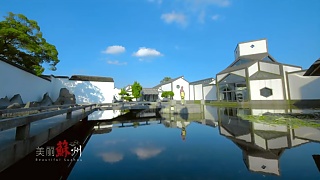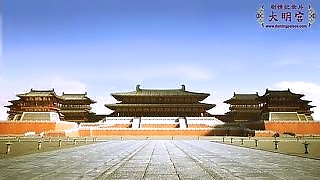The film Confucius has begun showing in Beijing.
Directed by Hu Mei, it stars veteran actor Chow Yun-Fat as the great philosopher and award-winning actress Zhou Xun.
The film marks the Chinese sage's 2,560th anniversary and will play at 2,500 cinemas throughout China.
[640],shadow=true,start=,stop=
 ‘Confucius’ : movie trailer
‘Confucius’ : movie trailer














